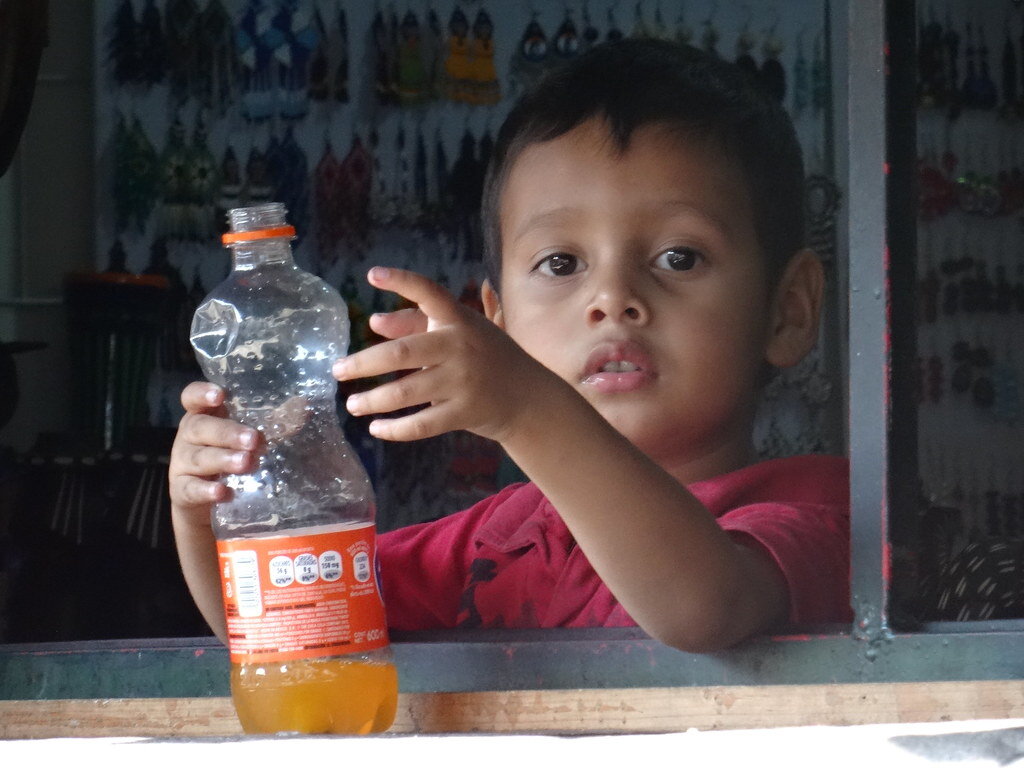
Pandemic fuels spike in childhood obesity in Hawaiʻi
Nearly one in six children between the ages of 10 and 17 are obese in Hawaiʻi, marking a significant increase from four years ago and fueling concerns about the impact that COVID-19 restrictions and school closures have had on the health of the state’s youth.
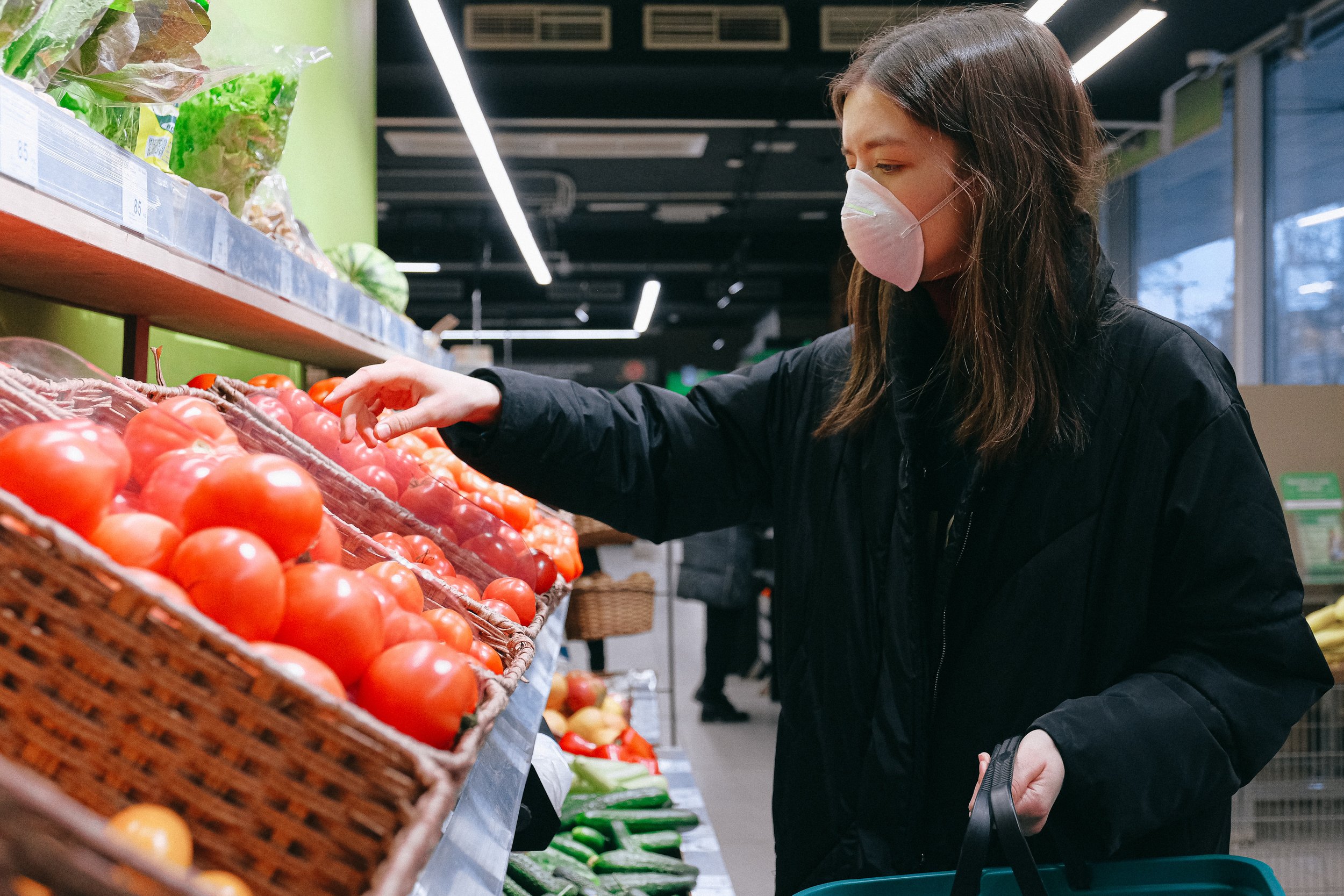
Why are more people than ever receiving food stamps in Hawaiʻi?
A historically high enrollment in the food stamp program is part of a broader increase in the need for public services during the pandemic.
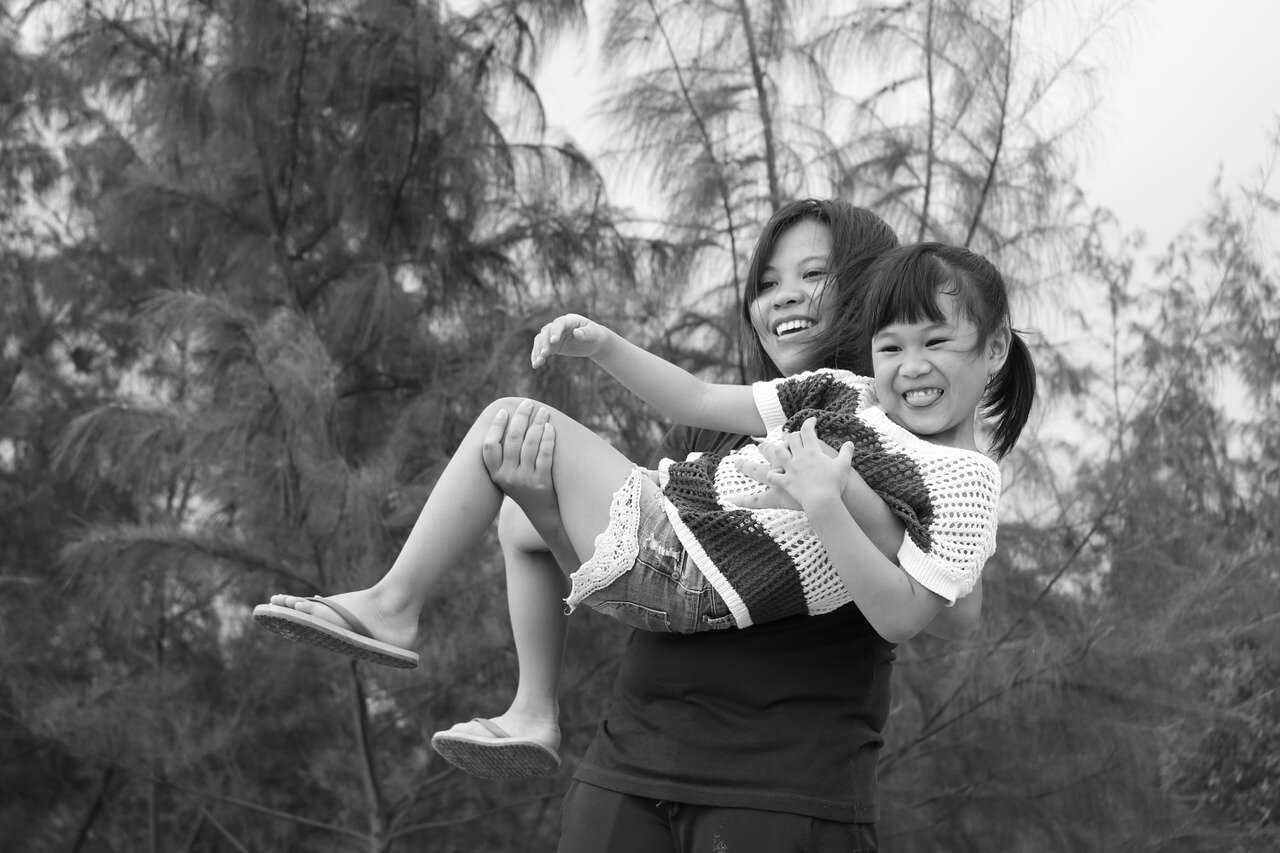
Lawmakers should pass tax bills to fix our upside-down tax system
Minimum wage earners should not be paying a higher percentage in taxes than those at the top.

Hawaiʻi sees ‘startling’ increase in number of children facing hunger
Even as benefits programs expand and school meal programs shift, food insecurity is expected to continue to grow in the islands.

Hawaiʻi Appleseed Center stresses importance of city’s rent relief program
After just four hours, the city's new rent relief program was suspended because so many people applied. The $114 million in federal money is for back and future rent and utilities.
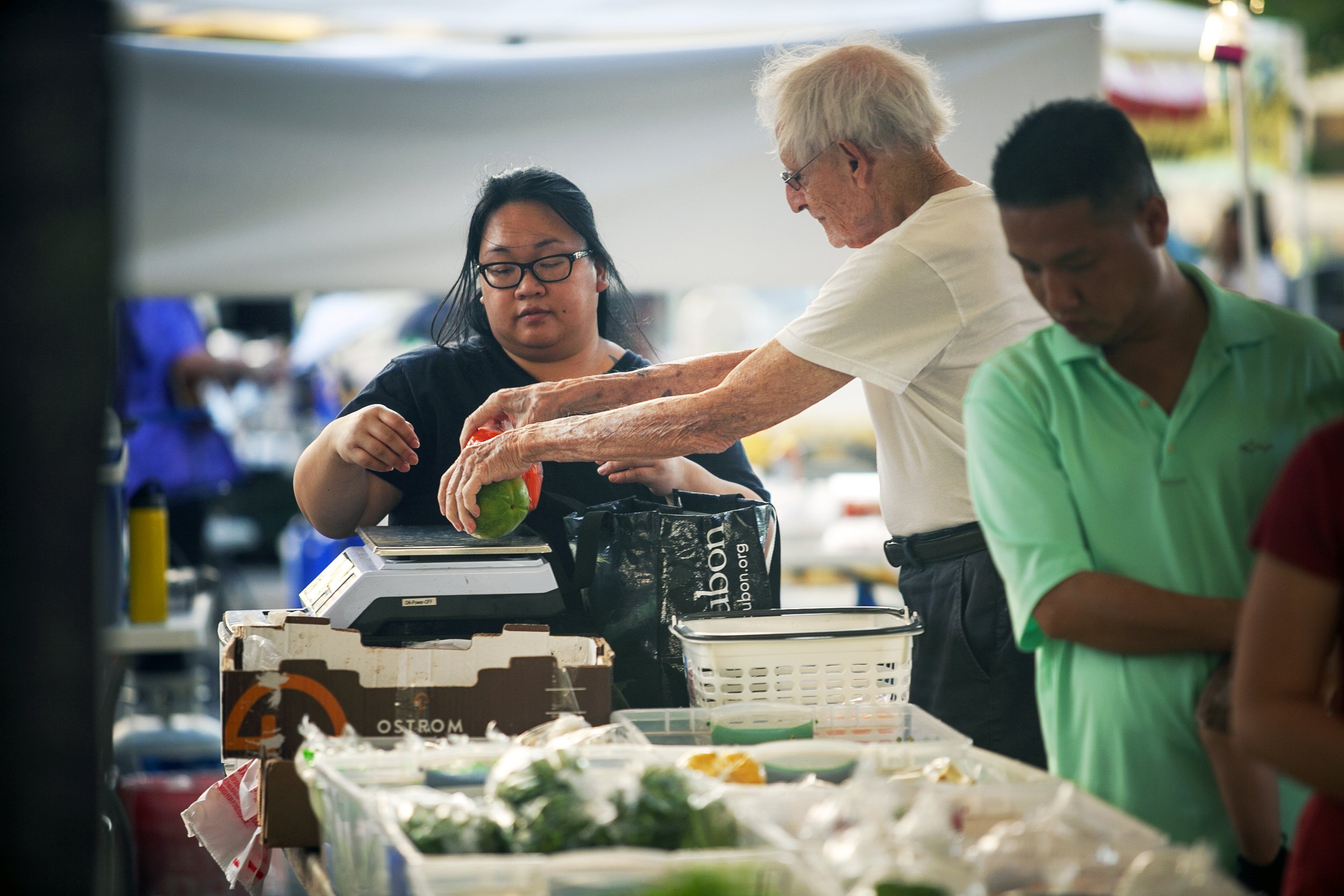
Bill would expand DA BUX food program
The measure is intended to provide low-income people easier access to healthier food choices and to help local farmers and ranchers.

Pursue ALOHA housing strategy
Bold moves are needed to tackle Hawaiʻi’s entrenched affordable housing problem.

$12 minimum wage hike clears key Senate committees
In recent years there’s been increasing support from the state’s leading lawmakers and Democratic Party to pay workers a living wage, but the gap between that figure and what lawmakers have been willing to pass remains wide.

Hawaiʻi ranks 50th in low-income children participating in national school breakfast program
Some 25,559 low-income Hawaiʻi children participated in the School Breakfast Program during the 2019–2020 school year—or about 40 percent of those eligible.

Hawaiʻi legislators could boost minimum wage to $12 next year
A bill to raise Hawaiʻi’s minimum wage to $12 passed unanimously out of its first committee Monday, with more than 180 individuals and groups testifying in favor, most saying it should be much higher.

Furloughs likely to worsen delays of unemployment, Medicaid and SNAP claims
Governor Ige’s plan to furlough state workers could further increase the already-maddening length of time it takes to process critical services like unemployment.

As economic pain of pandemic widens, need for food stamps soars
The number of Hawaiʻi residents receiving SNAP benefits has risen from about 155,000 last year to 179,000—a 15.4 percent increase.
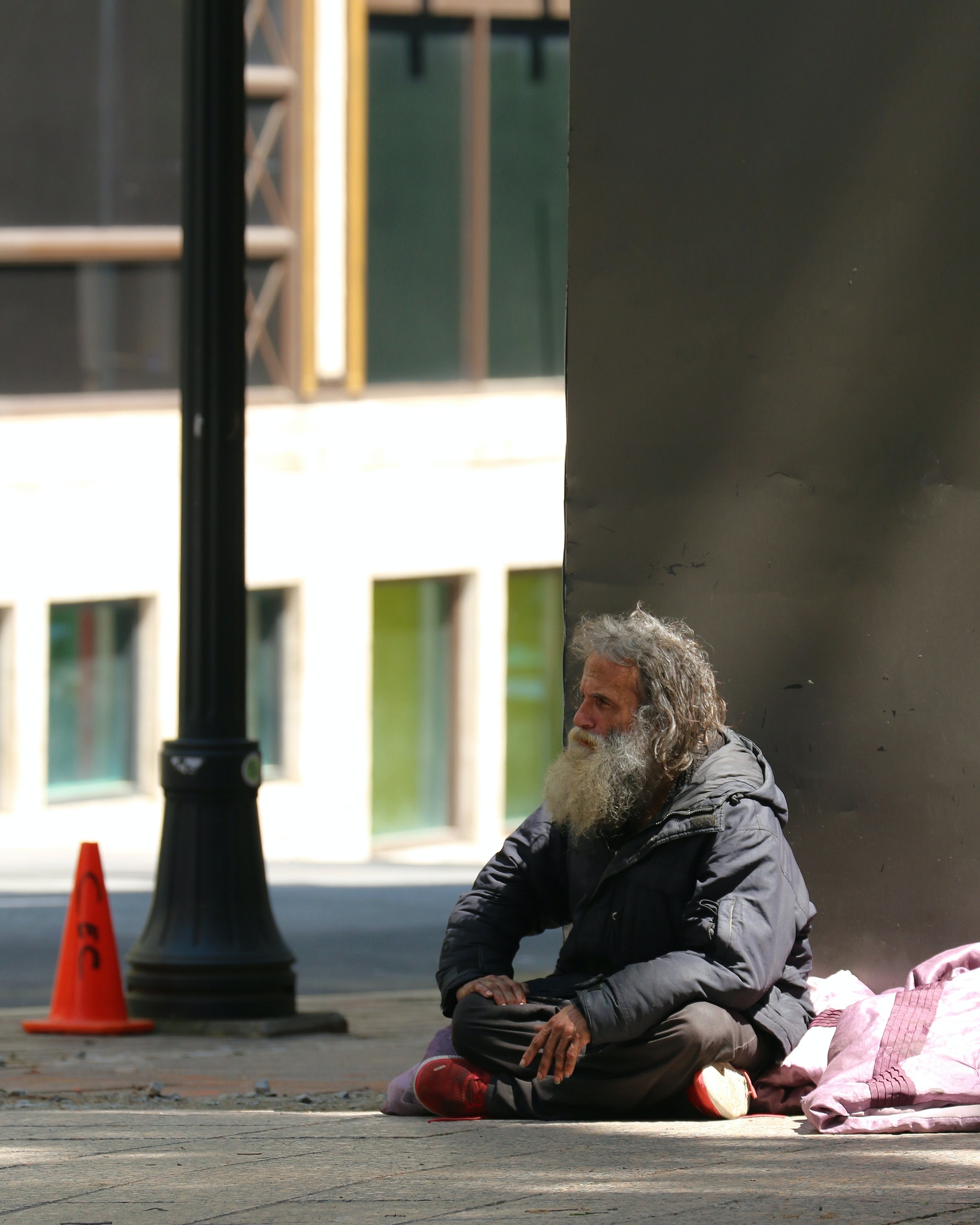
No rest for the homeless: Bill would ban sitting almost anywhere on Oʻahu
City and state officials say housing is the answer to homelessness. But criminalization can be more politically expedient.

Sowing seeds of service
“Our work is to bring all these different sectors together and create lasting solutions and changes.”

Program allows donations for grab-and-go meals
All through September, customers visiting Safeway stores in Hawaiʻi can donate to the annual Nourishing Neighbors fundraiser to support anti-hunger initiatives.
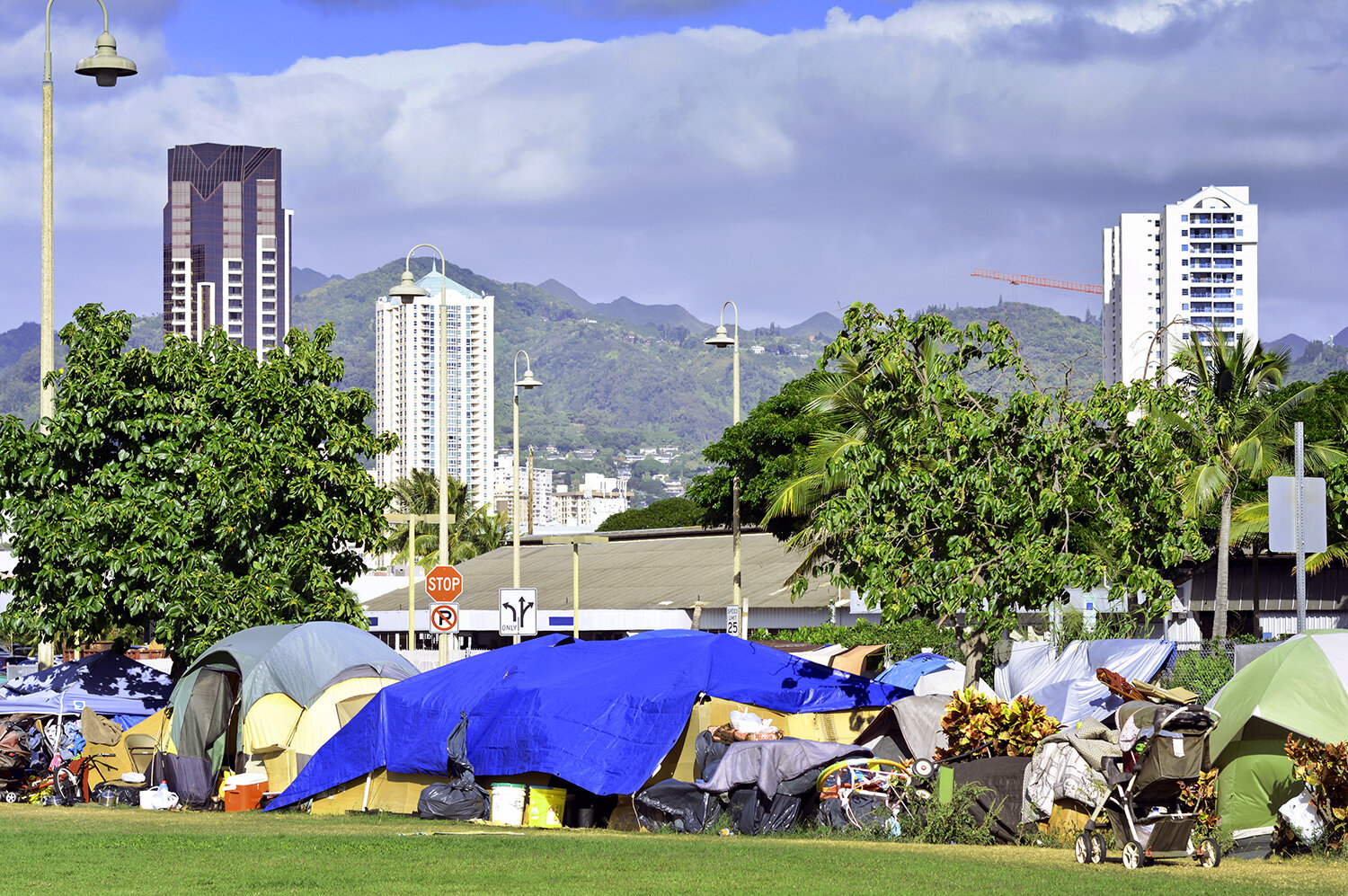
Officials, individuals, organizations calling on city & HPD to stop homeless ‘sweeps’ amid the pandemic
More than 70 officials, organizations and individuals are calling for the Honolulu Police Department and the City & County of Honolulu to stop "sweeps" of the homeless community during the pandemic.

Not politics as usual
To address socioeconomic inequality, Hawaiʻi’s decision-makers need to come up with an effective problem-solving process so stakeholders can come together to achieve concrete solutions.
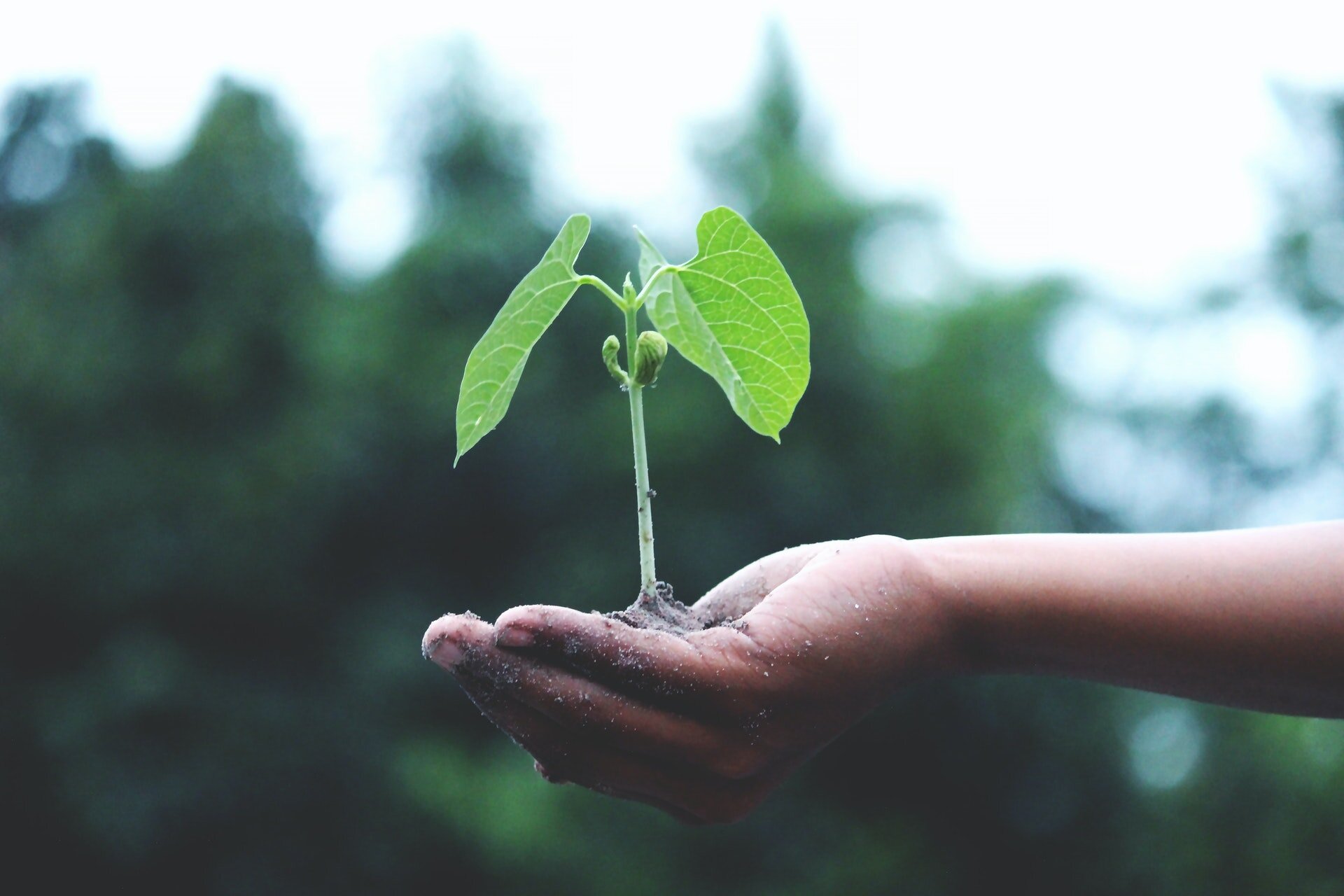
How new, agile networks of people are helping Hawaiʻi
Uplift Hawaiʻi describes itself as an economic recovery platform bringing together organizations, individuals, coalitions and other COVID-19 recovery initiatives.
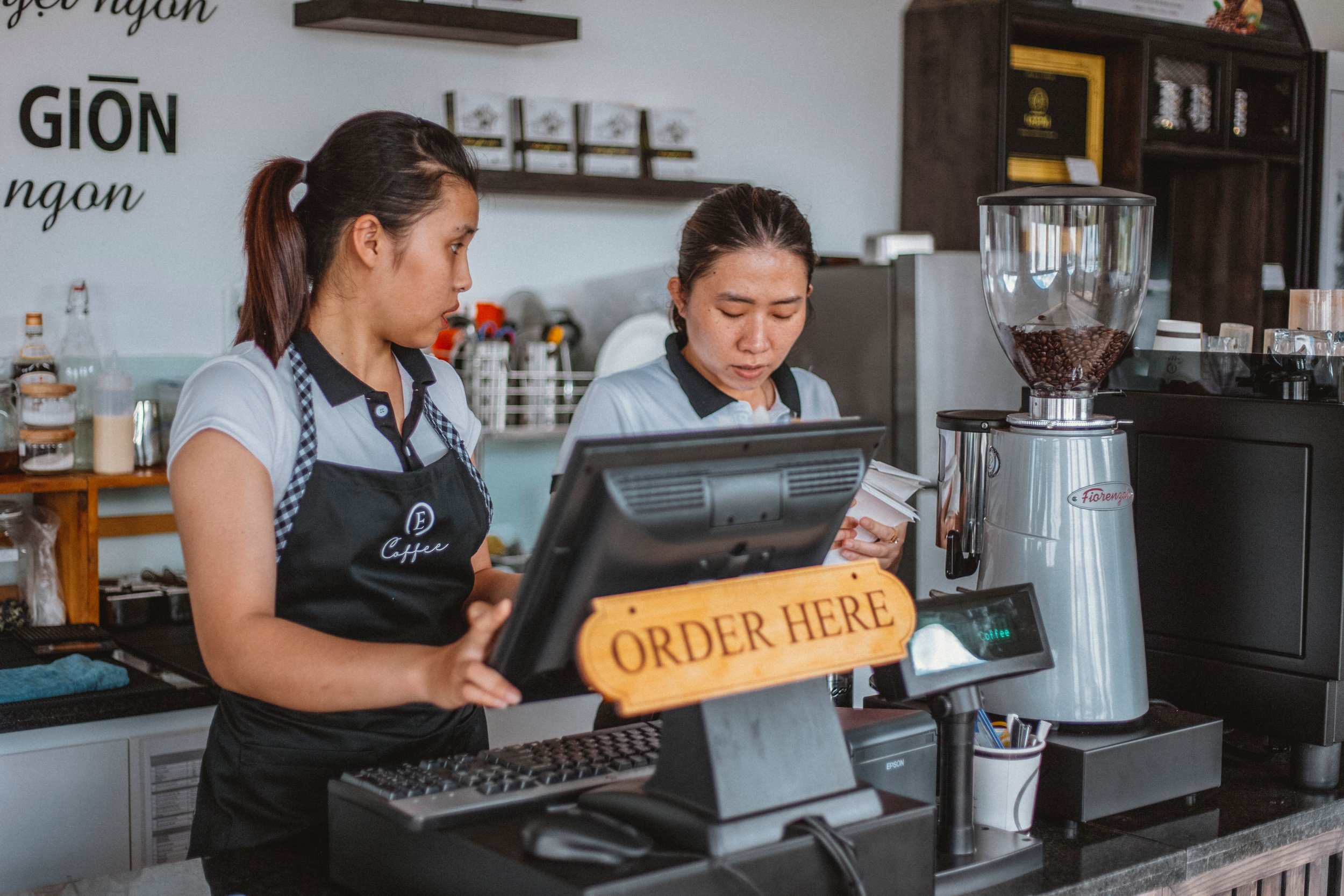
Hawaiʻi has the highest housing wage in the U.S.
Researchers analyzed rent prices in all 50 states to determine how much was needed to rent a two-bedroom apartment at fair market value without spending more than 30 percent of one’s income.
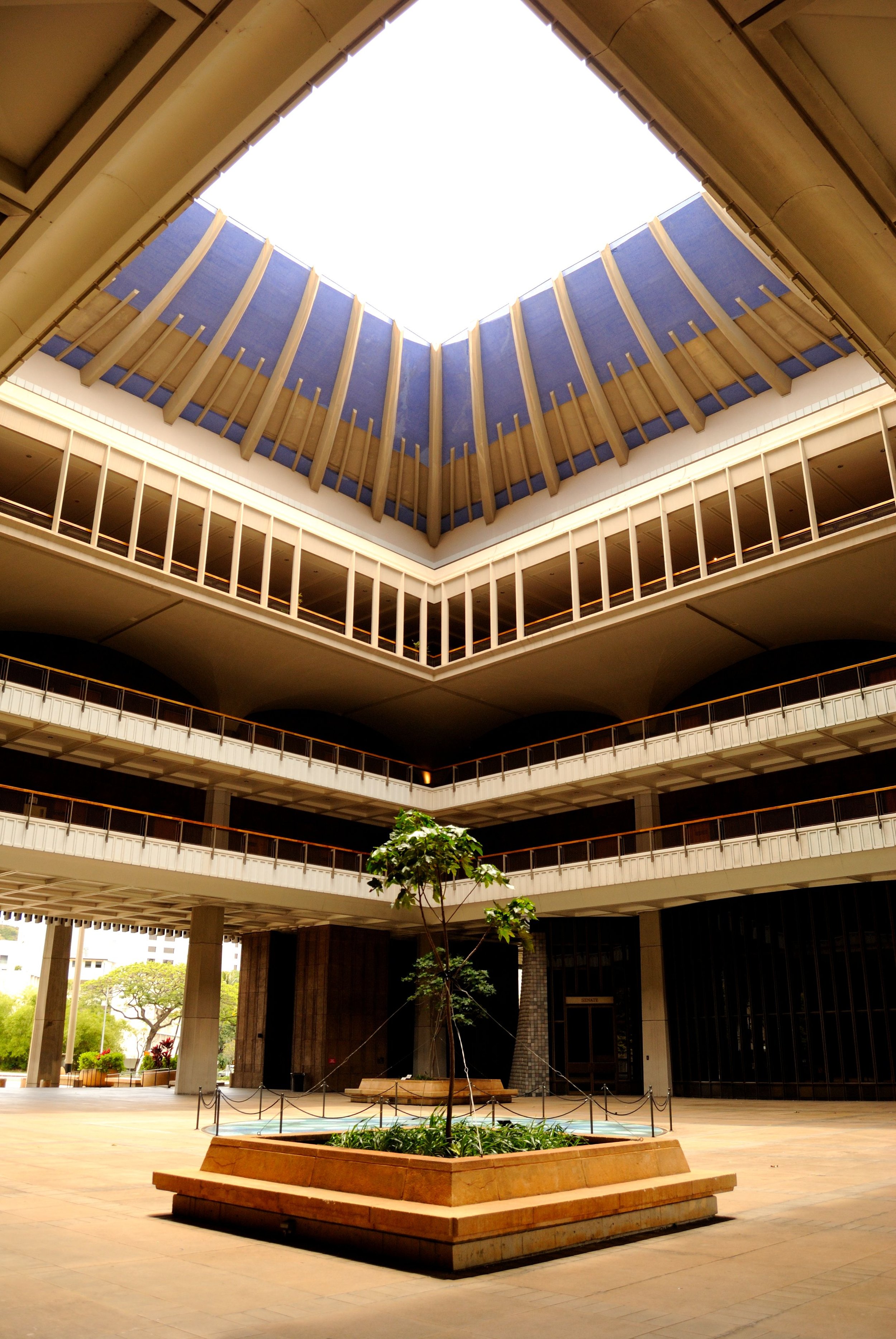
Hawaiʻi legislature prepares to conclude, transparency advocates cry foul
Hawaiʻi’s 2020 legislative session was hallmarked by social distancing measures aimed at preventing the spread of COVID-19 that may also have disenfranchised the public.
